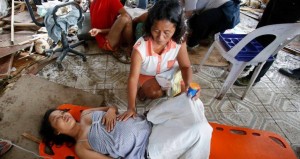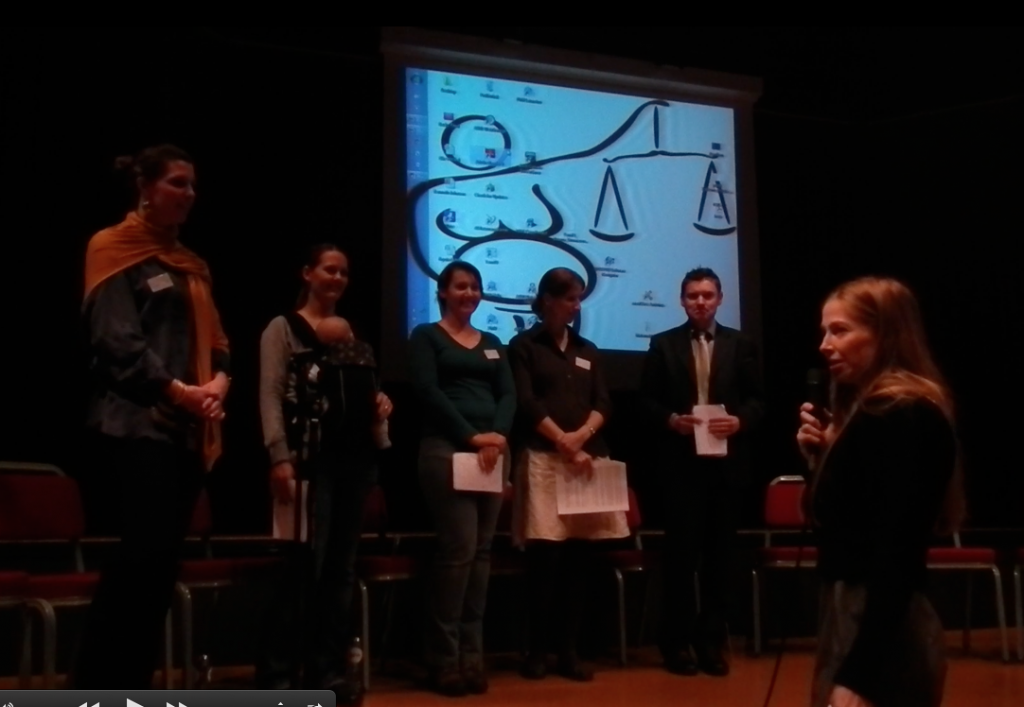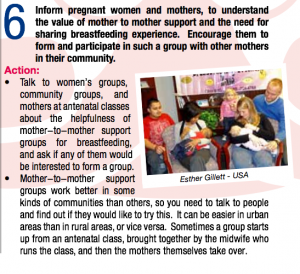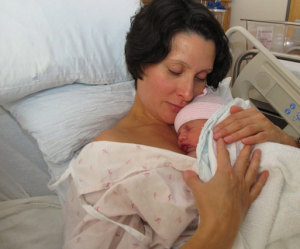 We are One World. I am filled with gratitude that my dear friends and colleagues are offering their heart, hands and midwifery skills to save and improve lives of MotherBaby’s and families in the Philippines.
We are One World. I am filled with gratitude that my dear friends and colleagues are offering their heart, hands and midwifery skills to save and improve lives of MotherBaby’s and families in the Philippines.
As chair of the International MotherBaby Childbirth Organization, two of our MotherBaby Networks are now on the front lines of saving precious lives in the Philippines and welcoming new life in with peace and love. Join me in supporting them. This Thanksgiving if you are having a family dinner, consider providing the cost of one portion to either of our MBNet’s, so they can serve the people of the Philippines. During the holiday season, I am asking instead of gifts that my friends and family donate to one or both of these important, life saving and life enhancing missions.
Robin Lim, Katherine Bramhall, and team Bumi Sehat invite YOU to make a difference for mothers and young children in the Philippines by donating to Bumi Sehat. Robin is now in Cebu in the Philippines to deliver midwifery and medical relief for the most vulnerable of its victims: pregnant women and young children. When pregnant women cease to have food, water and shelter, blood pressure rises, babies are born too soon or are stillborn. The only way to prevent this is to feed and care for them. Join A Million Mother’s on Facebook.
Ways you can help Bumi Sehat:
– Share http://www.amillionmothers.org/ link with your friends and associates
– Donate to A Million Mothers
– Send Protein Bars (you ship, pls. check address with Bumi)
– Send Solar Suitcases Water Purifiers (you ship, pls. check address with Bumi)
– Send Gift Donation in honor of a Mother you know to Million Mothers
– Send $1 and ask all the mothers you know to send $1
The suffering in the Philippines has only just begun.
Mercy in Action is our other MBNet in the Philippines. Vicki and Scott Penwell, Ian and Rose Penwell of Mercy in Action write, “In the aftermath, experts are calling for help from Midwives and Doctors to deliver the traumatized pregnant women and care for the babies, (many being born prematurely) and that is what we are specialist in. We also teach disaster preparedness and we know how to conduct deliveries at home, and how to help premature babies with Kangaroo Care who have no incubators. Plus, we are Alaskans, as well as long time missionaries in a third world context…able to do hard things and function without running water and electricity… We were born for such a time as this….We need to go…”
Ways to help Mercy in Action:
– Send vitamins to help survivors build up their immune systems
– Send medical supplies (especially GLOVES) to:
Mercy Midwives Birthing Home, 1835 Bennet Road, Old Cabalan, Olongapo, 2200 Philippines.
To see more about the Typhoon babies and needs for MotherBaby’s of the Philippines visit http://edition.cnn.com/2013/11/16/world/asia/phillippines-baby-clinic/
Mercy in Action writes, “So please send a cash donation in any amount you can afford, or an amount you can’t afford but you will do by faith. Or ask your family to help save babies this Christmas instead of extra presents.” www.mercyinaction.com
Thank you for holding these amazing midwives in your heart, thoughts and prayers.
Love Heals,
With gratitude and love,
Debra
One World- Love, Peace and Wisdom by Bliss
Heal the World Lyrics by Michael Jackson
Please donate to Mercy in Action Relief Efforts
Please donate to Bumi Sehat Relief Efforts









